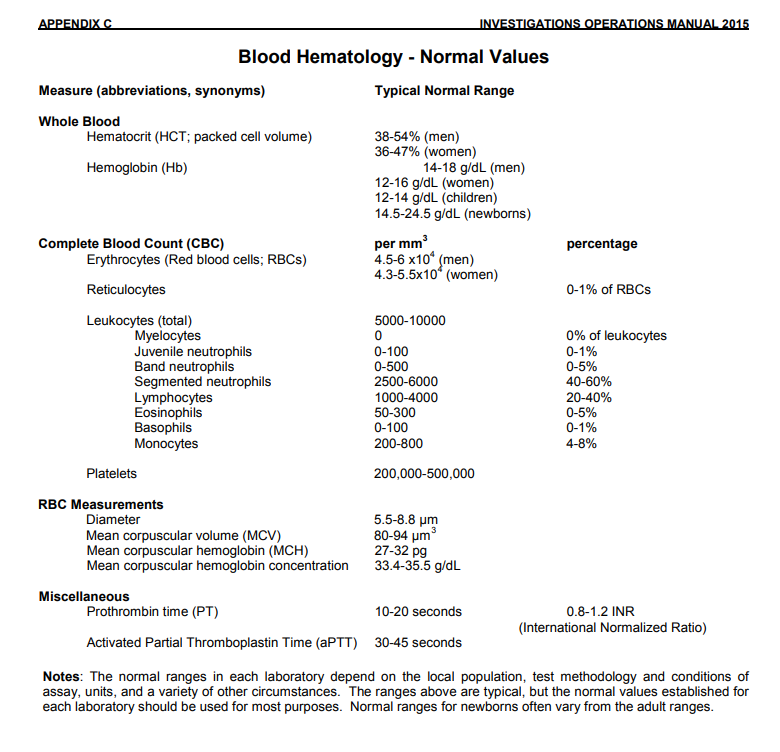|
Hematology
SKIMS
Conference
|
At 7 PM on September 17, 2022, I was updated about this issue. At this point, I was in Chicago, Illinois, United States. The topic of the conference or discussion was specifically day-to-day issues in hematology. The issue was initiated from SKIMS, Srinagar, Asia. Dr. Asif Qureshi enjoys doing research relevant to these issues. When can Dr. Asif Qureshi conclude that you have a disability due to a hematological condition? 1. Limitation of activities of daily living (see 7.00G5). 2. Limitation in maintaining social functioning (see 7.00G6). 3. Limitation in completing tasks in a timely manner due to deficiencies in concentration, persistence, or pace (see 7.00G7). What is hematology? Hematology is the scientific study of human blood. Hematology is the branch of medicine that deals with diseases of the blood and blood-forming organs. The word hematology is a noun. The word hematological is an adjective. You will learn about hematological diseases. What are normal blood hematology values? Take a look at this:  What are normal blood serum chemistry values? Take a look at this:  Why are these issues essential for deliberations? In America, you show normal blood hematology and blood serum chemistry values determined by medical executives from the Food and Drug Administration, a government agency. Their lab and their establishment will have different values that need to be standardized. In Asia, Africa, Australia, and Latin America, they do not dare have these deliberations as they know variations will emerge. Let the variations come out; they need to be standardized. What hematological disorders come under Social Security’s disability evaluation in America? 1. Hemolytic anemias 2. Disorders of thrombosis and hemostasis 3. Disorders of bone marrow failure, congenital or acquired. Examples are myelodysplastic syndromes, aplastic anemia, granulocytopenia, and myelofibrosis. Acquired disorders of bone marrow failure may result from viral infections, chemical exposure, or immunologic disorders. 4. Malignant (cancerous) hematological disorders, such as lymphoma, leukemia, and multiple myeloma What document do government departments require as evidence that you have a hematological disorder? 1. A lab report that establishes a hematological disorder, signed by a physician. 2. A lab report not signed by a physician plus a separate report from a physician that states you have the disorder. 3. If the above mentioned documents are not available, any other report consistent with the prevailing medical knowledge and medical practice. 4. The government department has to make reasonable efforts to obtain results of appropriate laboratory testing. When can Dr. Asif Qureshi conclude that you have a disability due to a hematological condition? 1. Limitation of activities of daily living (see 7.00G5). 2. Limitation in maintaining social functioning (see 7.00G6). 3. Limitation in completing tasks in a timely manner due to deficiencies in concentration, persistence, or pace (see 7.00G7). |
